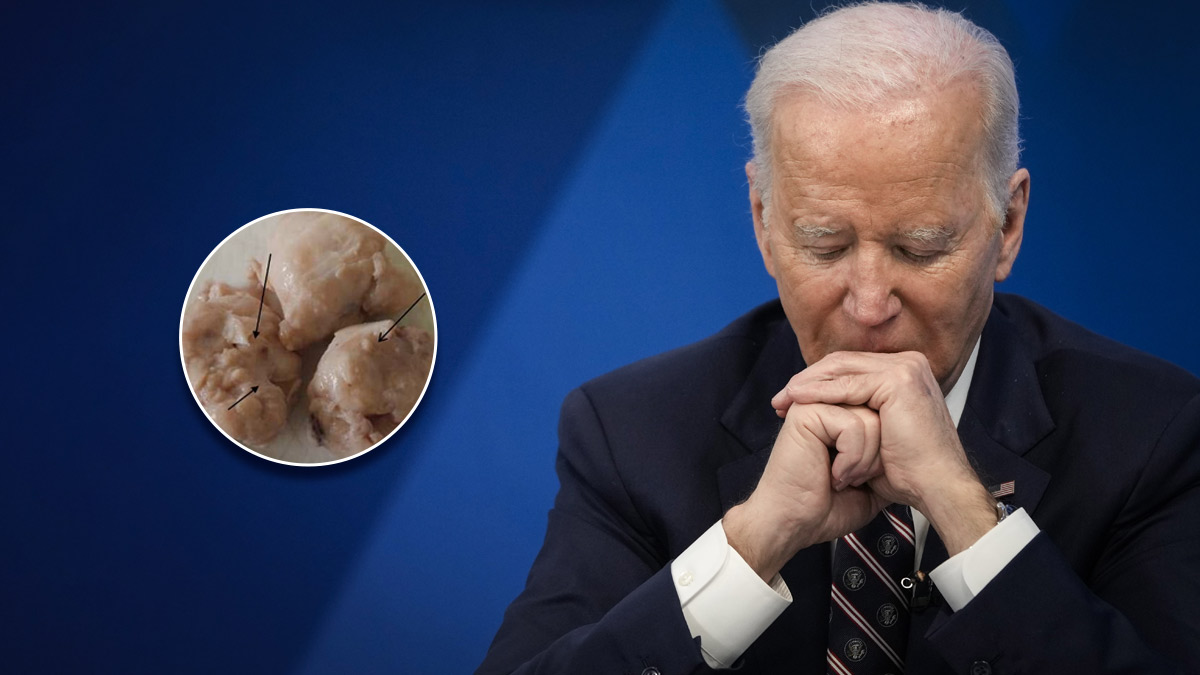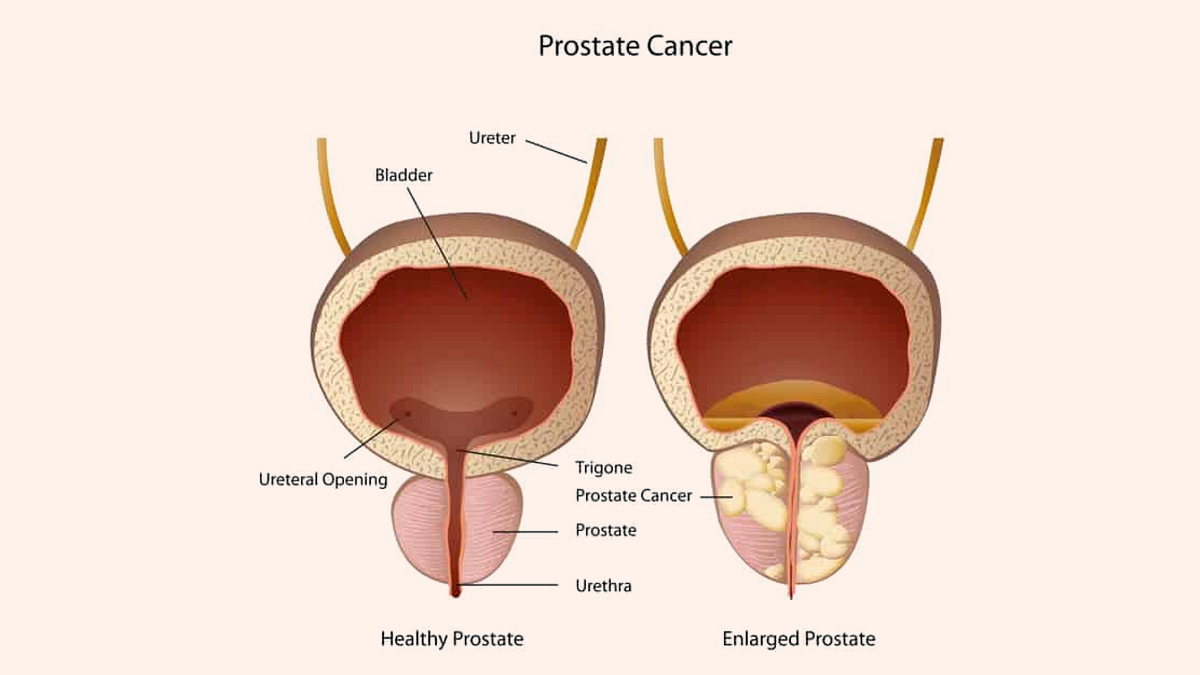
Former US President Joe Biden has been diagnosed with an aggressive form of prostate cancer. The news was confirmed after doctors found a small nodule on his prostate, which required more tests. According to his doctors, the cancer has already spread to his bones, but it is hormone-sensitive, which means it can be managed with the right treatment. Biden and his family are now discussing treatment options with his medical team. This news has brought global attention to prostate cancer, a disease that affects millions of men worldwide.
Table of Content:-
What Is Prostate Cancer?![joe biden prostate cancer mn - 2025-05-14T112015.249]()
Prostate cancer starts in a small gland found only in men, called the prostate. This gland sits just below the bladder and surrounds the tube that carries urine out of the body. Dr Tejinder Kataria, Chairperson, Radiation Oncology, Cancer Institute, Medanta - The Medicity, explains that prostate cancer happens when cells in this gland start to grow out of control. Some prostate cancers grow slowly and may not cause problems for years, while others can spread quickly and become dangerous.
Dr Kataria says, “The prostate is a small, walnut-sized gland in men. Cancer in this gland can sometimes spread to other parts of the body. Some types grow slowly, but others can be fast and aggressive.”
ALSO READ: US President’s Daughter Tiffany Trump Welcomes Son, Reveals Name: Here Is His Name's Meaning
How Does Prostate Cancer Spread?![prostate cancer 1 - 2025-05-14T112509.599]()
Cancer in the prostate can sometimes stay in the gland for a long time. But in some cases, the cancer cells can break away and travel to other parts of the body, like the bones or lungs. This is called metastasis. Dr Kataria explains that prostate cancer begins when certain cells in the gland change and start to multiply in an abnormal way. At first, these changes might not be cancerous, but over time, they can turn into cancer and spread.
Symptoms of Prostate Cancer
Many men with early prostate cancer do not notice any symptoms, especially if the cancer is slow-growing. However, when the cancer is more aggressive, symptoms can appear. Dr. Kataria says the most common signs to watch for include:
- Trouble controlling your urine
- Weak or slow urine flow
- Blood in urine or semen
- Pain, especially in the lower back or hips
- Unexplained weight loss
- Problems with erections
- Numbness or swelling in the legs
Causes and Risk Factors![how prostate cancer spreads 4 (37)]()
According to Dr Kataria, there isn’t one single cause of prostate cancer. However, some things can make it more likely:
- Family History: If your father or brother had prostate cancer, your risk is higher.
- Diet: Eating a lot of fatty foods or certain oils can raise your risk, while foods like soybeans may help lower it.
- Smoking: Smoking can make you more likely to get prostate cancer and can make the disease more serious.
- Age: Most men who get prostate cancer are over 50.
Other Factors: Being overweight, exposure to certain chemicals, a history of vasectomy, inflammation, or some infections can also play a role.
Stages of Prostate Cancer
According to the expert, the prostate cancer is majorly divided into four stages:
- Stage 1: The cancer is only in the prostate and grows slowly. Treatment works best at this stage.
- Stages 2 and 3: The cancer spreads to nearby tissues.
- Stage 4: The cancer spreads to other parts of the body, like bones or lungs, and is harder to treat.
Treatment Options
Treatment depends on how far the cancer has spread and how aggressive it is. For slow-growing cancers, doctors may just watch and wait, checking regularly to see if anything changes. This is called active surveillance. If the cancer is more serious, treatments can include surgery to remove the prostate, radiation therapy, hormone therapy, chemotherapy, or freezing the cancer cells (cryotherapy). Dr Kataria notes that, “Most men with prostate cancer can be cured if it’s found early. Treatments like surgery or radiation work very well for early-stage cancer.”
Conclusion
Joe Biden’s prostate cancer diagnosis is a reminder for all men to pay attention to their health. Prostate cancer can be serious, but catching it early makes a big difference. If you notice any unusual symptoms or have a family history of prostate cancer, talk to your doctor. Regular checkups and healthy habits can help you stay on top of your health. If you have a family history or are over 50, talk to your doctor about screening.
Also watch this video
How we keep this article up to date:
We work with experts and keep a close eye on the latest in health and wellness. Whenever there is a new research or helpful information, we update our articles with accurate and useful advice.
Current Version



-1747625298794.jpg)